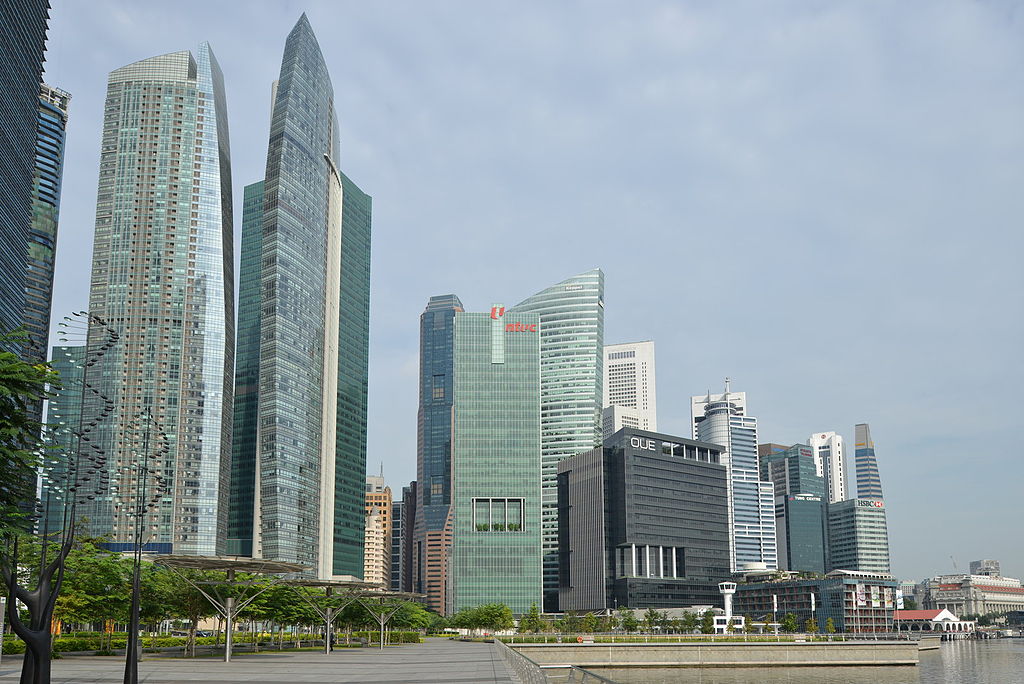Singapore’s proximity to large markets such as China and Indonesia will likely make it one of the fastest-growing offshore financial centers worldwide over the next four years, ranking only behind Switzerland. (TheJakartaPost)
It is estimated that Singapore and its regional rival Hong Kong will increase their combined share of the world’s offshore assets to 23 percent, up from 18 percent in 2015. The Asia-Pacific region will also continue to gain share in the total global wealth to 2020 as the economic balance shifts to the East, said the report from the Boston Consultancy Group ( BCG ).
Offshore assets in Singapore are expected to grow 9.2 percent to US$1.7 trillion ( S$2.3 trillion ) from US$1.1 trillion, Mariam Jaafar, BCG Singapore’s partner and managing director, said. “Indeed, we do project that Singapore will become the No. 2 offshore financial center, behind Switzerland, by 2020.” Growing affluence in Asia is the primary reason for this growth, she said, with Singapore and Hong Kong well positioned to benefit.
“Asia-Pacific is growing much faster than other markets, led by China, and as millionaire households grow in number and sophistication,” she added, noting that the demand for offshore wealth management will be stronger from clients looking for asset diversification with stability. Asia-Pacific posted double-digit growth last year, with private wealth up 13 percent to US$37 trillion, driven by rising household income. China remained the principal growth motor in the region.
The region is also expected to surpass western Europe as the second-wealthiest area in 2017. Switzerland, which held nearly one-quarter of all global offshore assets in 2015, is expected to remain the largest single offshore center through 2020, BCG found, due to its service quality, diverse product offerings, political stability, safe haven currency and attractive location in the center of Europe.
BCG found that non-traditional investors, like females and millennials, will hold one-third of the total wealth in Asia by 2020. Millennials control 10 percent of global wealth but 16 percent in Asia-Pacific. The report said wealth managers should not try to fit these non-traditional segments, whose needs may be significantly different, into the existing wealth-based framework. “By not taking a more customized perspective, wealth managers will potentially miss out on future growth opportunities,” it said.


